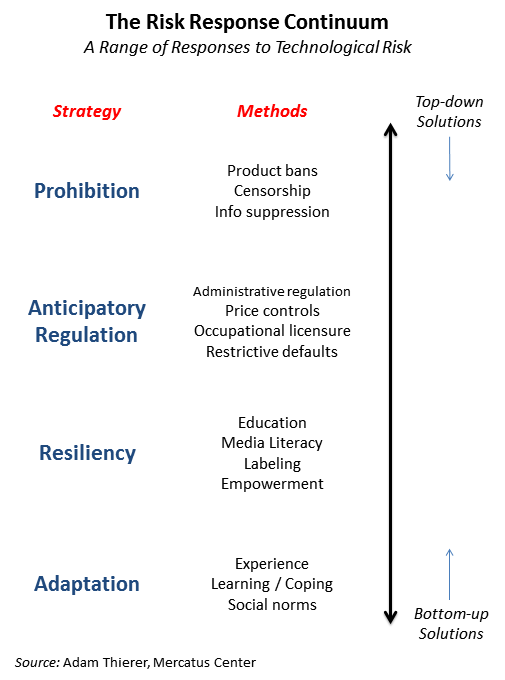Sean Flaim, an attorney focusing on antitrust, intellectual property, cyberlaw, and privacy, discusses his new paper “Copyright Conspiracy: How the New Copyright Alert System May Violate the Sherman Act,” recently published in the New York University Journal of Intellectual Property and Entertainment Law.
Flaim describes content owners early attempts to enforce copyright through lawsuit as a “public relations nightmare” that humanized piracy and created outrage over large fines imposed on casual downloaders. According to Flaim, the Copyright Alert System is a more nuanced approach by the content industry to crack down on copyright infringement online, which arose in response to a government failure to update copyright law to reflect the nature of modern information exchange.
Flaim explains the six stages of the Copyright Alert System in action, noting his own suspicions about the program’s states intent as a education tool for repeat violators of copyright law online. In addition to antitrust concerns, Flaim worries that appropriate cost-benefit analysis has not been applied to this private regulation system, and, ultimately, that private companies are being granted a government-like power to punish individuals for breaking the law.
Related Links
- Copyright Conspiracy: How the New Copyright Alert System May Violate the Sherman Act, Flaim
- Op-ed: Imminent “six strikes” Copyright Alert System needs antitrust scrutiny, Flaim
- Let’s give the Copyright Alert System a chance, Brito
- Here’s what an actual “six strikes” copyright alert looks like, Ars Technica


 In an
In an  The Technology Liberation Front is the tech policy blog dedicated to keeping politicians' hands off the 'net and everything else related to technology.
The Technology Liberation Front is the tech policy blog dedicated to keeping politicians' hands off the 'net and everything else related to technology.